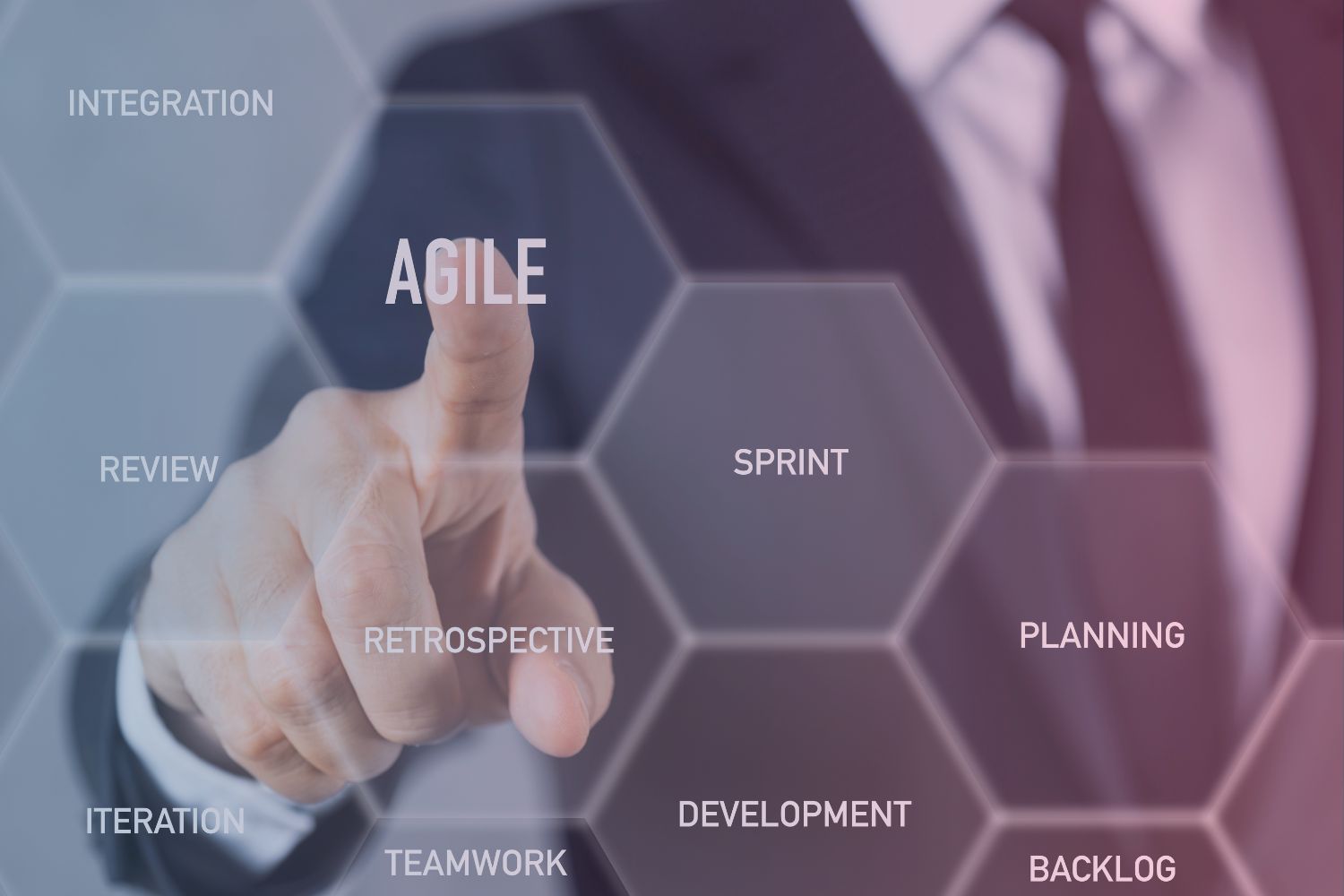AI as a general purpose technology
Having explored what is AI and how does it work?, it time to delve into the implication on this technology in our lives, present and future.
AI is a general-purpose technology, comparable to electricity in its potential to change the world in ways we cannot predict. AI will quickly become as integral to the human experience as electricity was over a century ago – sparking whole new innovations and revolutionizing entire industries, societal norms, and everyday life just like how automation has already shaped our lives.
No one could possibly have predicted how electricity would be used for refrigeration, telecommunications, the internet itself and cars when it was first introduced. The potential of AI, like the technology we’re already seeing woven into applications in health care, finance and transportation will only evolve as well.
Just as electricity transformed almost everything 100 years ago, today I actually have a hard time thinking of an industry that I don’t think AI will transform in the next several years.
Andrew Ng
Seeing the full impact of AI on our society, economy, and individual lives may unfold over decades in a similar way that it did with electricity. This process of exploration and adaptation, which is in many ways only just beginning, will change the way we think about reality as our AI capabilities grow more advanced.
As as a new digital specie

AI matters because it represents a profound extension of human intelligence and capability, a digital species evolving alongside us. As Mustafa Suleyman, Microsoft AI CEO, insightfully framed it in his latest TedTalk, AI is not a separate entity but a reflection of our evolution, embodying our collective knowledge, creativity, and potential.
I find reflecting on AI as a new digital specie a useful way to think deeply about it, it brings home how it’s part of our evolution through time, in some manner of speaking, a reflection of it.
This is what makes AI the single most promising, optimistic, and terrifying technology of our time.
Artificial intelligence is becoming more and more seamlessly integrated into our lives at a pace we never could have imagined. More than a mere tool, it speeds on to become almost ingrained in the fabric of our daily lives at an astronomically fast rate.
AI is important because it enhances us, challenges our definitions of intelligence and advances the limits of what we can do. This digital companion has the potential to revolutionize every aspect of our existence – work, communication, solving large societal problems, and uniquely expressing artistic creativity.
AI the double edged sword
Much has been written about the promise of AI, but it is also important to understand the risks and challenges involved in having these technologies rapidly develop and diffuse across different sectors. If left unchecked and unregulated, AI is a danger to individual people, society as a whole, and humanity.
A more important question is the ability of AI to exacerbate or create new inequalities. In critical decision-making contexts such as hiring, lending, and criminal justice, we are as likely not to know of the (often inadvertent) biases present in training data as we are to find those biases amplified by AI systems deployed at scale – ultimately producing systemic discrimination and exacerbating societal fractures.
Artificial Intelligence is going to change the workplace by boosting productivity and changing the jobs available to people. It will of course see some roles phase out, but it will also be creating whole new avenues of employment we have not even thought about. The key? Riding this technology tsunami more than surviving the same
It is clear to the industry that companies must focus on people or die. The cost of doing nothing is very high. Without unprecedented speed and scale of innovation, companies will be left behind, outperformed and essentially, out-of-business. Now more than ever, we need agility, not as a nice to have but as a must have.
Again — AI is not the future, it’s here. So, the question is not if your company will be impacted but how you are going to ride this wave of change. Are you going to ride your way into success, or are going to get lost in the pack?
The topmost issue is Privacy and Security, because AI systems collect or use huge volumes of personal data. By doing so, they allow a data breaches, spying on you and misusing the information. Furthermore, the capacity of AI to generate deepfakes and/or enforce fake news at scale poses a threat to truth and democratic processes.
Conclusion
It is clear than humanity entered the AI-First Era, and artificial intelligence is as transformative power as the electricity. AI indeed offers the potential to change nearly every aspect of life – from work and entertainment, to positively impacting global challenges, and even reshaping what it means to be creative. But this potential is also fraught with danger in every conceivable domain: it can make existing inequalities even worse, disrupt labour markets, pose serious privacy hazards to individuals and potentially undermine democratic processes.
To navigate this landscape, we must balance AI’s potential with its risks. This involves investing in education, upskilling, fostering adaptability, and establishing robust ethical guidelines and regulatory frameworks to ensure AI benefits humanity.
Looking at AI as a natural extension of our evolution, even a digital species that is evolving with us, allows us to learn how we harness the power of AI to level-up, build upon what came before and redefine our sense of possibility.






